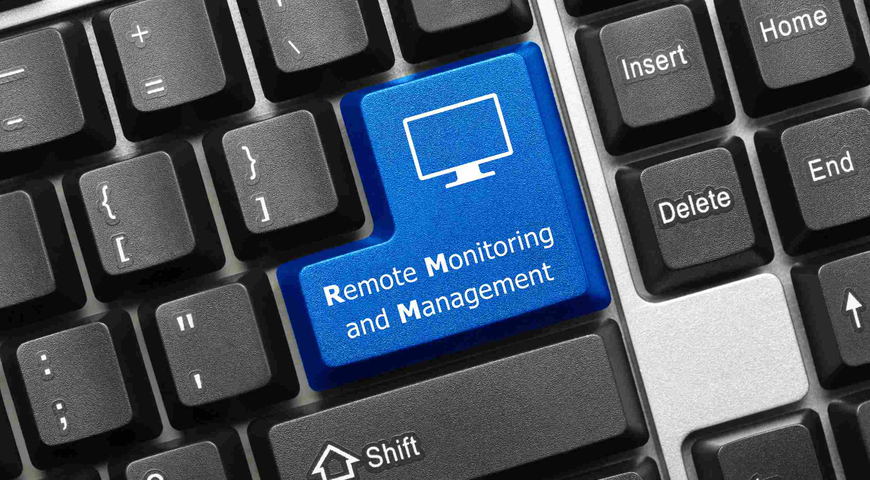It’s basically a given that, today, employees are going to bring their own mobile devices to the office and use them for work. But, right now, a lot of companies are struggling with these bring-your-own-device (BYOD) habits. Our 2013 Data Protection Trends Research, which surveyed more than 4,300 IT professionals around the world, found that nearly 60 percent of companies don’t have BYOD policies in place. This can certainly present security issues and risks for data leakage, but BYOD trends also encourage something else: bring-your-own-cloud (BYOC).
BYOC has become a natural consequence of BYOD, because workers want an easy way to access data across multiple devices and share it with others, so they often rely on third-party cloud platforms like Google Drive and DropBox to do that. Employees store sensitive corporate information on these platforms and constantly interact with it on desktops, smartphones and tablet computers.
Apps have sprung up to accommodate this new mobile lifestyle, too, which means cloud platforms and the files stored there can be accessed from a smartphone with a tap of a finger. This is great for employee collaboration and productivity, but it’s clear that companies are falling behind when it comes to BYOC protection. Our Data Protection Trends Research discovered that 67 percent of organizations don’t have a policy in place around public clouds and just 31 percent require a device password.
In effect, that means confidential corporate files can be accessed by anyone who happens to grab an employee’s smartphone. If an app is left open on the screen or the phone is misplaced, data is vulnerable. This can be a problem for most companies and an especially costly mistake for financial or healthcare organizations that are heavily regulated.
The easiest way to help prevent the issues that are emerging from BYOC is to mandate that workers keep devices protected with passcodes. But, to take the next step, employers should move away from public clouds to secure, user-friendly platforms that allow file-sharing to be controlled and managed by IT.
A secure solution that’s compatible across platforms and data types – and automatically syncs up with every device an employee uses – is most effective when it comes to BYOC. If employers can provide that, then workers won’t have a need to search for another solution elsewhere, potentially jeopardizing the security of its company’s sensitive data.
About Acronis
A Swiss company founded in Singapore in 2003, Acronis has 15 offices worldwide and employees in 50+ countries. Acronis Cyber Protect Cloud is available in 26 languages in 150 countries and is used by over 21,000 service providers to protect over 750,000 businesses.



